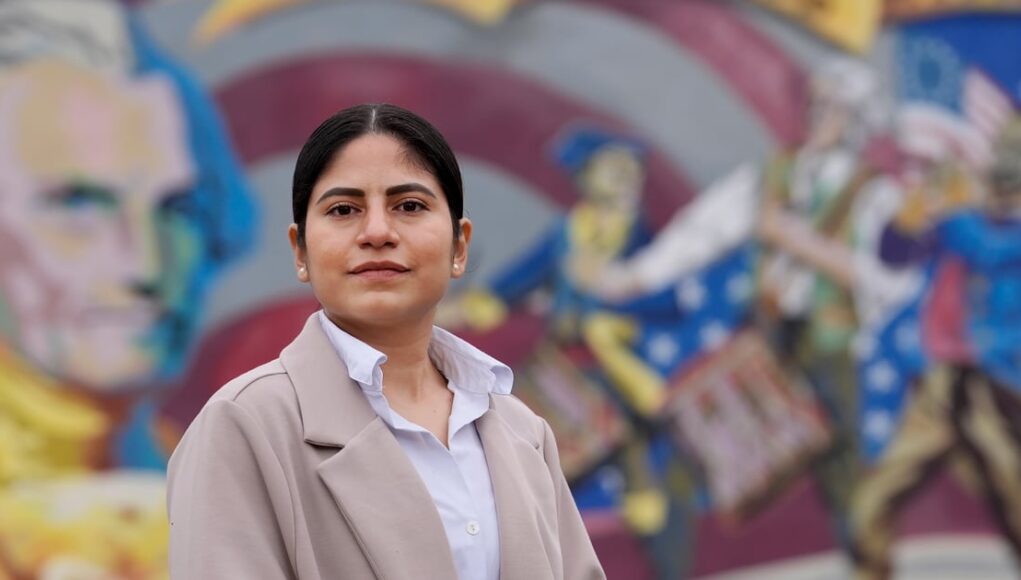Source : NEW INDIAN EXPRESS NEWS
Until 2018, Bérrios led a fairly normal life in Nicaragua, working at a call center in Managua. She studied marketing and hoped to pursue a master’s degree in dance. Then changes to Nicaragua’s social security system drove retirees to protest. When they were roughed up by police and Ortega supporters, students came to their aid.
Deadly clashes followed, and university campuses became strongholds of resistance in what became a referendum on the government itself. The government declared the protesters “terrorists” and alleged they were organized by foreign powers, especially the United States.
Bérrios became a protest leader at the National Autonomous University of Nicaragua’s Managua campus. Then known only by a code name, she told The Associated Press from hiding in July 2018, “Now, I really have no future.”
Hundreds of other protesters were imprisoned, many tortured and more recently expelled from the country and stripped of citizenship.
“There was always the uncertainty that they could come after me, that they could take me to prison,” Bérrios said last year of Nicaraguan authorities. “That’s why I decided, well, maybe the United States can help me make a change for my peace of mind.”
A cousin, a US citizen in California, offered to sponsor Bérrios last year. Under Biden’s strategy to create legal pathways while severely limiting asylum to those who cross the border illegally, people from Cuba, Haiti, Nicaragua and Venezuela can apply online with a financial sponsor. They must fly to a US airport at their expense.
About 100,000 Nicaraguans have come on two-year permits with eligibility to work since late 2022.
Bérrios arrived in 2023 as the US election campaigns gained momentum. But talk of mass deportations eventually unnerved her. Returning to Nicaragua was not an option, so in December she settled on Ireland, where she had a couple of friends from the student movement.
“I felt like Ireland was a country of opportunity,” she said.
Asylum systems in the European Union are largely standardized, but some differences make Ireland attractive, said Susan Fratzke, a senior policy analyst at the Migration Policy Institute’s International Program.
The resolution of asylum cases is faster than in the US, Fratzke said, and Ireland has not seen the strong pushback against asylum-seekers that has occurred in some other European countries.
At Dublin’s airport, Bérrios handed her passport to an immigration official and said she was requesting humanitarian protection. She was quizzed on the name of Ireland’s president, answering correctly, and had her photo and fingerprints taken.
She got a government-issued identification card the next morning, valid for a year, and now shares a room with women from Somalia, Egypt and Pakistan in a hotel in a nearby town. They are free to come and go as they please, and the government pays for her lodging.
Bérrios looks forward to enrolling in school while she waits for her work permit. An in-depth interview about her case should come in eight or nine months and a decision on her asylum request would follow.
If all goes well, she could receive permanent residency in as soon as a year, she said.
Bérrios was buoyant as she marveled at her journey with the self-deportation twist: “You make sacrifices and always hope that things will turn out like you think, maybe not exactly, but pretty close.”
SOURCE :- NEW INDIAN EXPRESS






